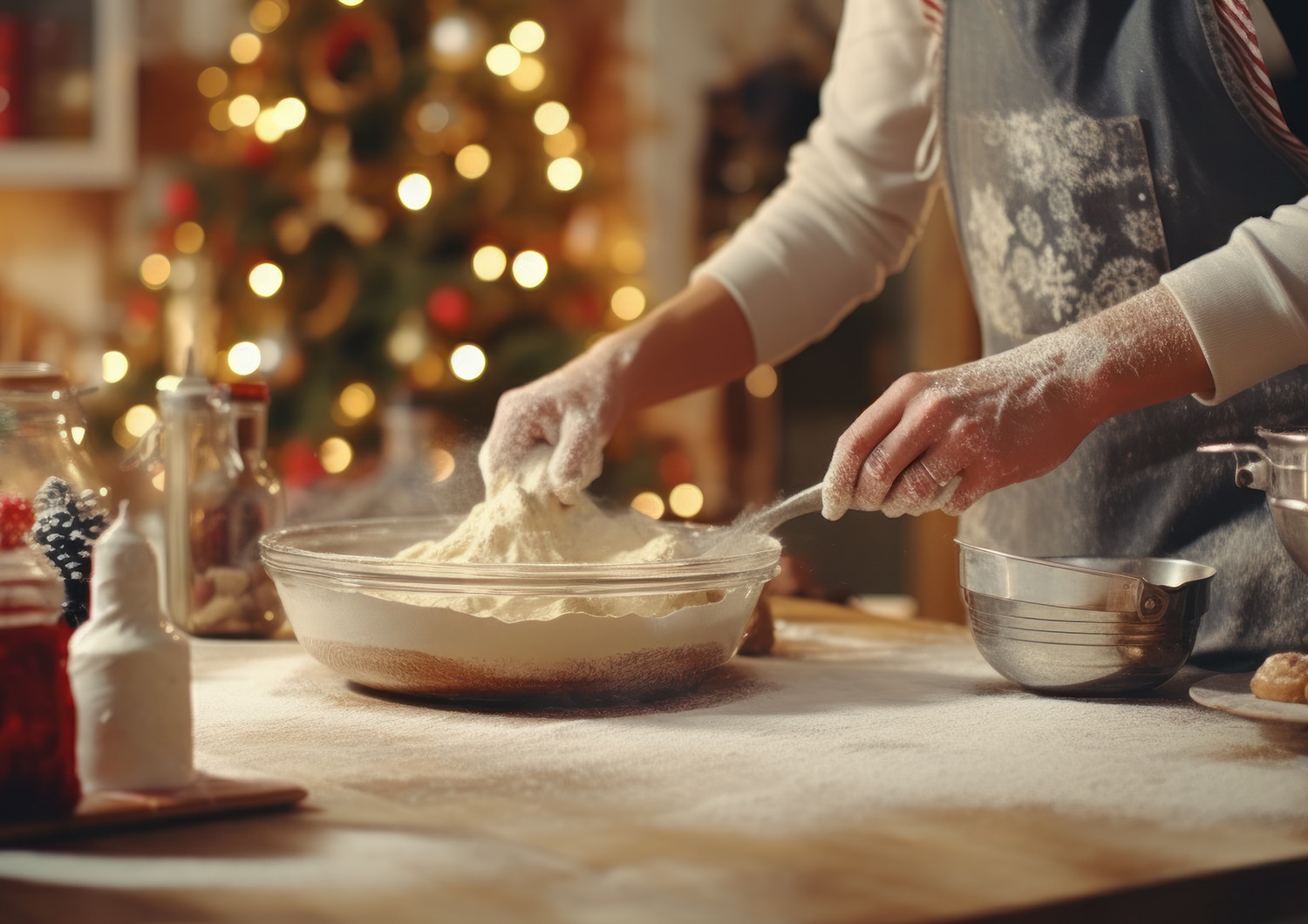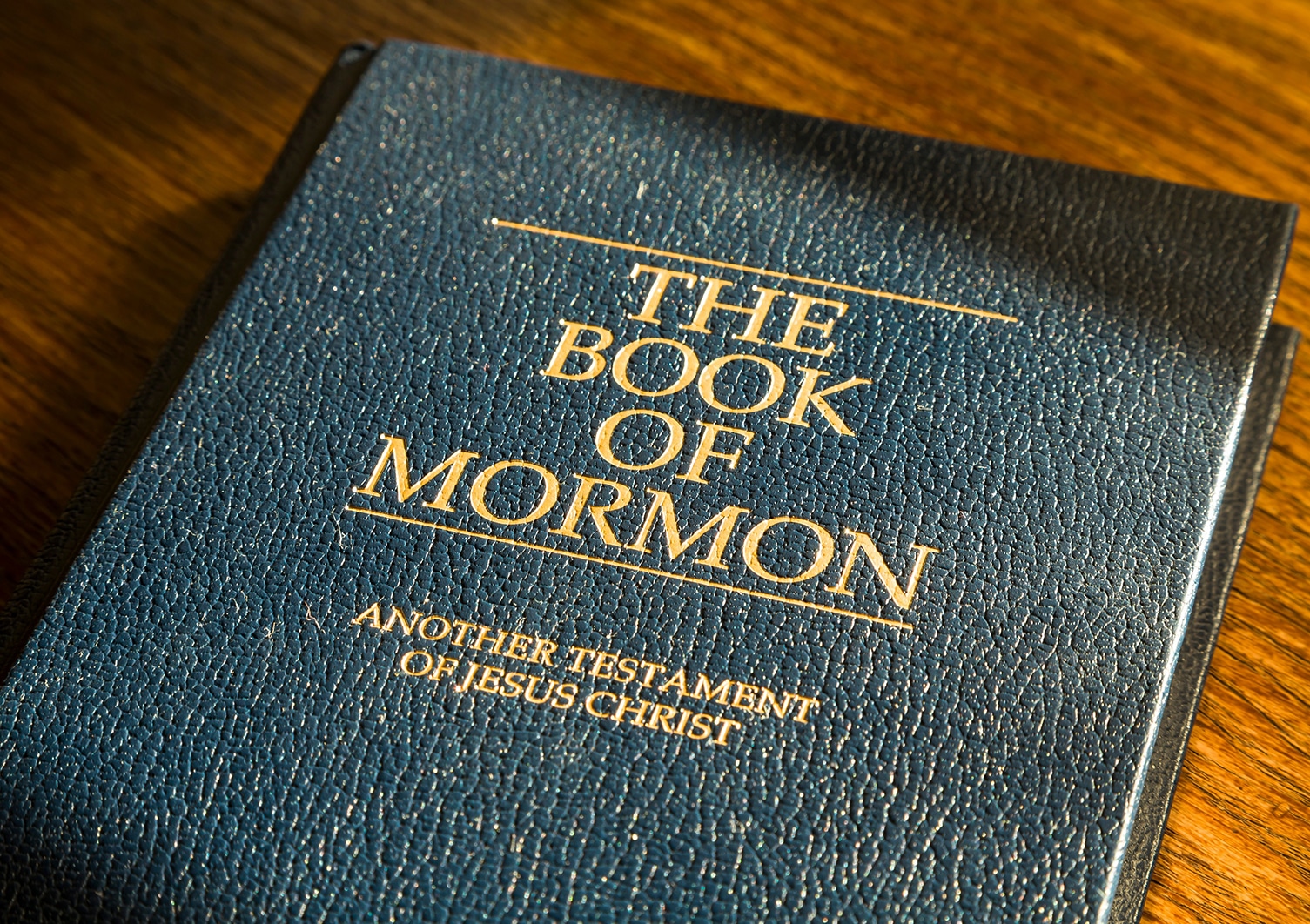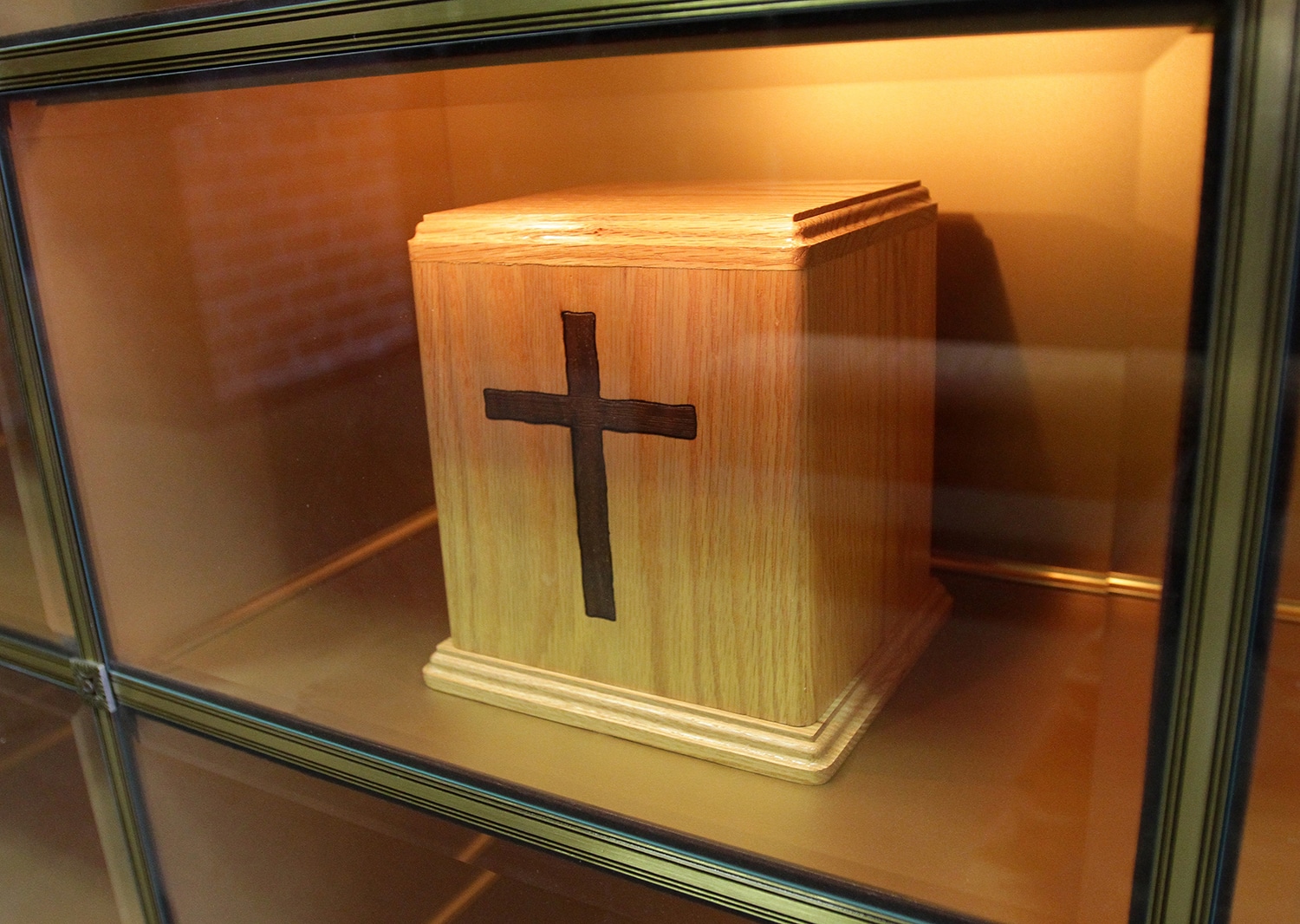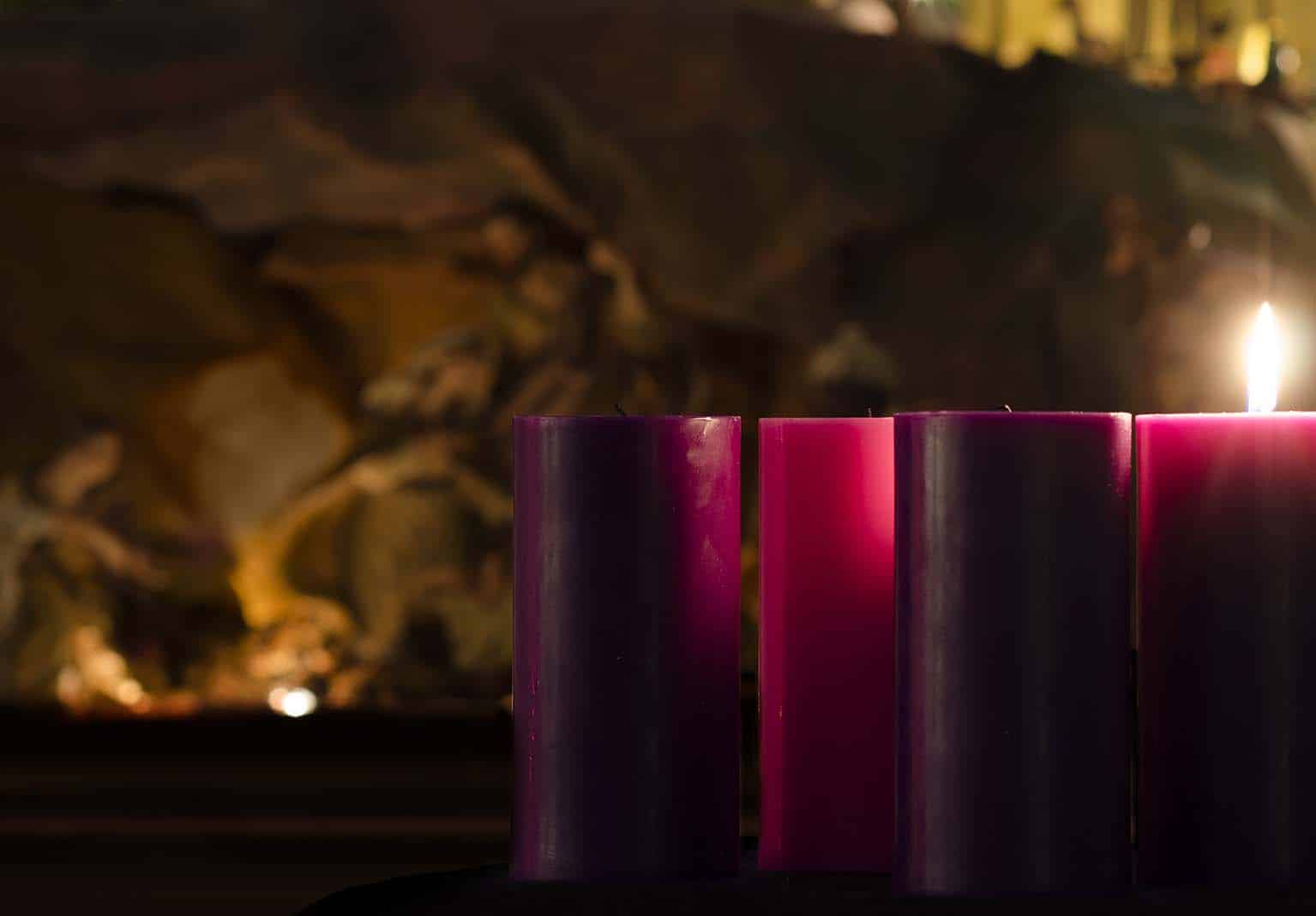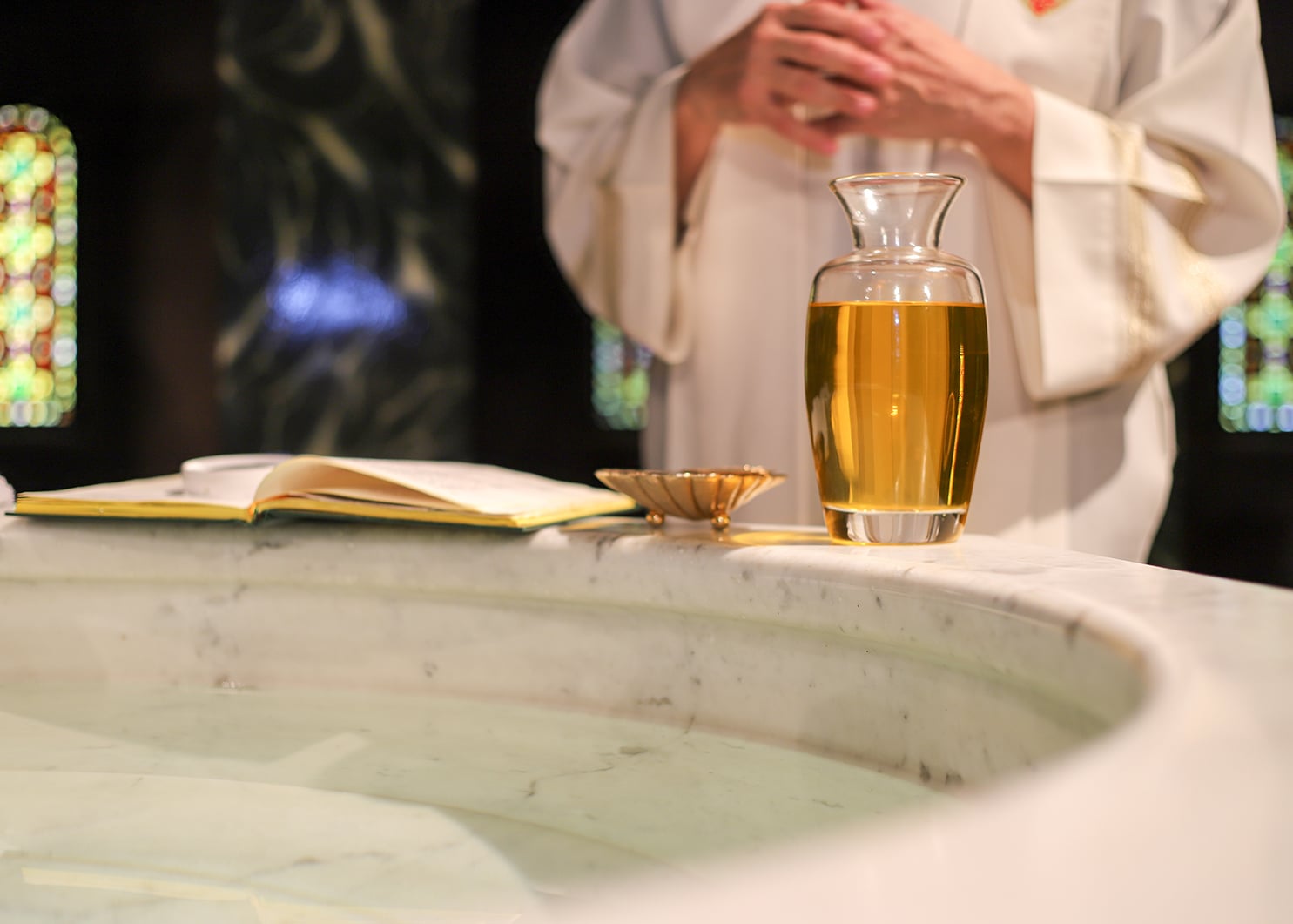When my sisters and I were young, my mother would spend all of Advent baking cookies and making candy. That may hardly seem remarkable; after all, countless millions of Christmas cookies are baked and consumed every year between Thanksgiving and Christmas Day. But my mother didn’t eat any of the cookies she baked, and neither did we — not before Christmas, that is. Every sugar cookie, Polish wedding cake, fruit cookie, square of fudge, and chunk of peanut brittle was packed away in vintage green Tupperware or metal tins (depending on whether they were intended for us or for relatives and friends), to be brought out only once Christmas Day had dawned.
Four or five decades later, that seems remarkable, because what economists call “delayed gratification” is simply not part of American life anymore — and that’s as true of Catholics and other Christians as it is of the average American. Fifty years ago, the question “What do you want for Christmas?” meant something different than it does today, when a couple of clicks on Amazon can satisfy the desire of a child of any age with next-day (or even same-day) delivery.
When I was a child, I thought as a child, which meant that, of course, I wanted to eat just one sugar cookie hot out of the oven, or sneak one piece of fudge. But Mom never let me do so, because satisfying my desire wasn’t the point of her baking. In fact, if anything, the purpose of all of her preparations throughout Advent was the opposite: to increase my desire, and to direct it toward its proper end. If you eat it before Christmas, a Christmas cookie is just a cookie.
A bigger lesson
My mother entered into eternal life in the early morning hours of Nov. 1, All Saints Day. Through the days and nights before she quietly passed from us, my father and my sister Monica and I held those hands that had mixed and shaped and baked all of those cookies just a few feet away from where the hospital bed was set up in the living room of the house that had been our family home for all but a handful of months of my parents’ 56 years of marriage. Polish wedding cakes and peanut brittle were the last things on our minds as we prepared ourselves and one another for a life without her.
But a few days later, when Father Charles Hall, the priest who had anointed Mom seven weeks earlier and who would celebrate her funeral Mass on Nov. 6, asked us for a particular memory of Mom that would help him to understand who she really was, the first thing that came to mind was her Advent baking. Everything we do reveals something about where our heart lies. Too often, by necessity as much as by choice, we are caught up in the here and now. There’s work to be done, bills to be paid, clothes to be washed, children to be fed.
But as much as necessity may seem to force our hand, there’s an element of choice in our actions as well. And that choice involves not simply what we do but why we choose to do it. I do not know, and of course, I cannot ask her now, whether Mom intended to teach us a lesson with her Advent baking. But as we talked with Father Charles, we realized that she had done just that. To be a Christian means to live always with a sense of longing, of that joyful expectation tinged with sorrow that comes from knowing that the greatest desire of our heart will never be fulfilled in this earthly life. That, perhaps more than any other part of the Christian experience, is a reality that the modern world rejects.
A few hours after our mother passed from this life, my sister and I stood beside our father in the church where we had first received the gift of faith, and we sang with all the saints in glory of the life yet to come. And as we prayed for the repose of my mother’s soul, we gave thanks for the years we had spent with her, and for the cookies and candy through which Mom had prepared us all for living that day and the rest of our lives in the deep longing for, and joyful expectation of, our reunion before the throne of God.

